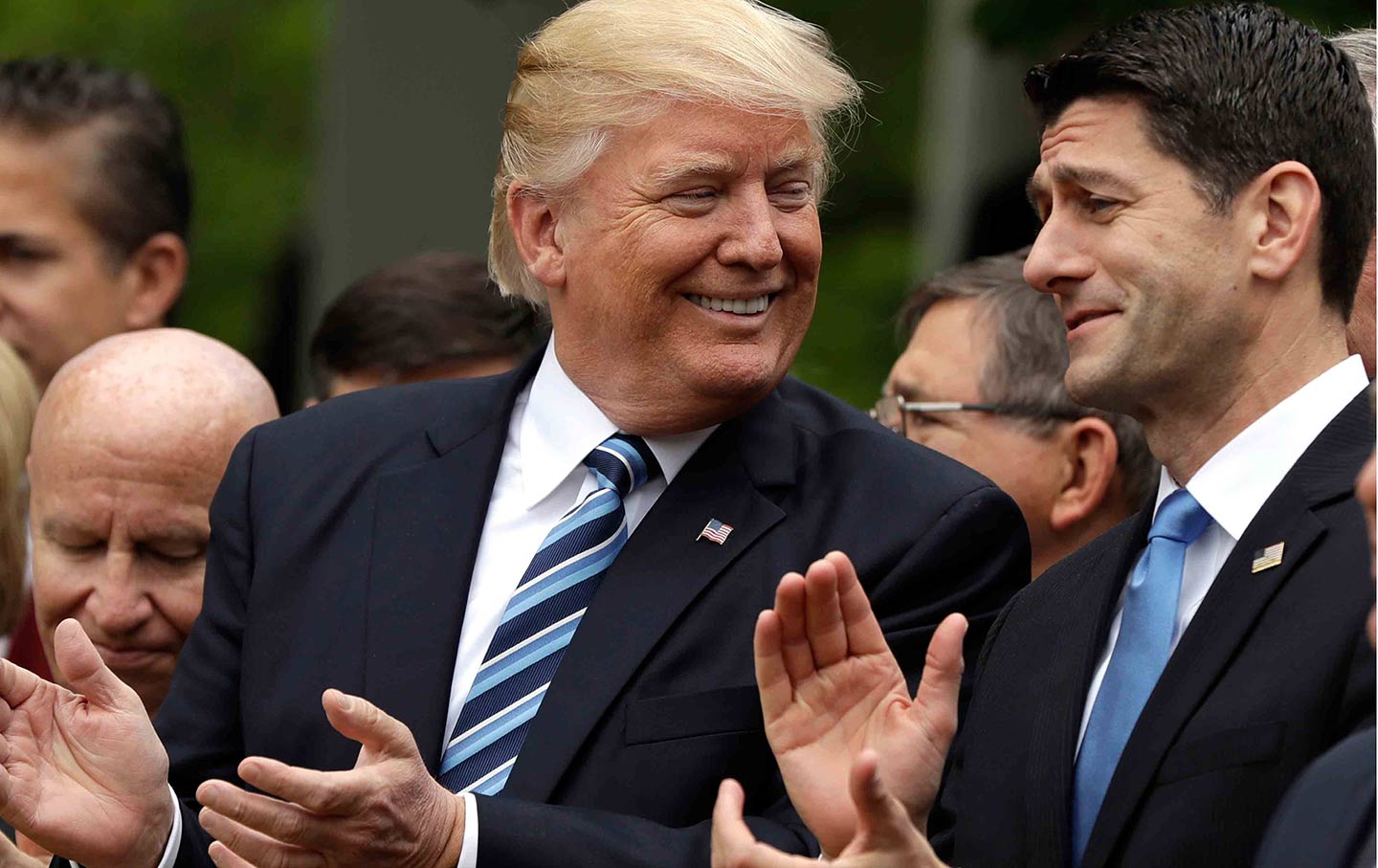The Republican Party has been rocked by the news that one of its leading members, Speaker of the House Paul Ryan, is to step down next January following the results of November’s midterm elections. Ryan, who has served as Speaker since he replaced John Boehner in 2015, will stand down from Congress altogether, leaving others to contest his Wisconsin seat at the midterms.
Ryan has stated that the main reason for his resignation is his desire to spend more time with his family. While this has become an almost clichéd reason for politicians to step down, covering up for a range of ulterior factors, the length at which Ryan has discussed his motivation suggests it is largely genuine. He has pointed to the fact that his children are beginning to reach their teenage years, and so he doesn’t want to miss his chance to be remembered as more than a “weekend dad” to them.
However, much speculation has already been made of Ryan’s relationship with Donald Trump, and the extent to which it has put a further strain on the already difficult job of speaker. Indeed, having to work closely with a president whom Ryan is rumoured to have described as being impulsive and having little policy knowledge may have proved too much for a speaker who would otherwise have had to put up with Trump until at least the 2020 presidential election. For his part, Trump reacted to Ryan’s resignation with a glowing tweet about his personal qualities.
Speaker Paul Ryan is a truly good man, and while he will not be seeking re-election, he will leave a legacy of achievement that nobody can question. We are with you Paul!
— Donald J. Trump (@realDonaldTrump) April 11, 2018
But whatever his president says, there will long continue to be question marks over Ryan’s legacy. Indeed, it is in the context of Trump’s presidency that Ryan’s spell as Speaker will be judged.
When Trump first emerged onto the political scene as a candidate in the Republican primaries, Ryan denounced him for making “racist” comments and suggested his ideology did not fit with the Republican party. Yet as soon as Trump won the presidential election, Ryan backtracked on much of his criticism, and instead began to co-operate with, and even praise Trump, noting his “exquisite presidential leadership” after a key piece of tax reform legislation was passed.
With the help of Trump’s former chief of staff Reince Priebus, it appears Ryan was able to convince Trump that the Republican establishment that Ryan epitomises was not completely out to get him, and that there was common ground upon which the two could build. Together, the two embarked on an often fruitful relationship, enabling Ryan to pass legislation about which he has been passionate, including a major tax reform and increased military spending.
On this basis two contrasting interpretations of Ryan’s role under Trump can be drawn; either he is the toadying sell-out, suddenly cosying up to a figure he once despised in exchange for a few pieces of legislation, or he is the sensible pragmatist, not trying to fight the inevitable tide of US politics and instead working it to his advantage.
 Paul Ryan shares a joke with Donald Trump (Source: AP)
Paul Ryan shares a joke with Donald Trump (Source: AP)
Whichever way you see it, though, it seems Ryan acts as a kind of metaphor for the traditional Republican party as a whole. Once completely repulsed by the idea of Donald Trump getting anywhere near power, they have been forced to moderate themselves as their fears became reality. Over time, their horror shifted to mere discomfort, and eventually resignation (in Ryan’s case literally). Many Republicans, particularly those from more conventional ideological backgrounds, will see Ryan’s complete backtrack on Trump and feel they have no choice but to do the same.


